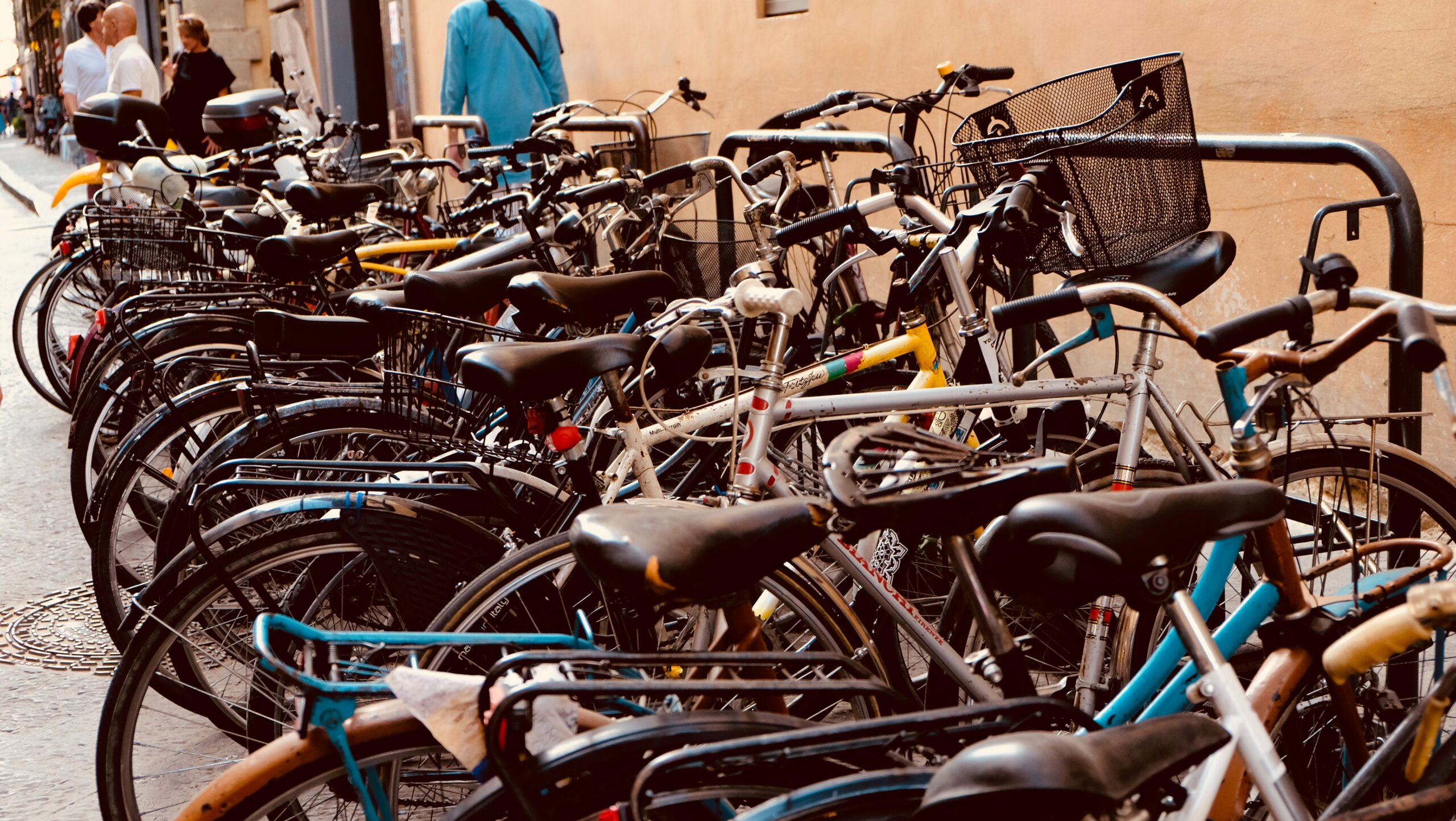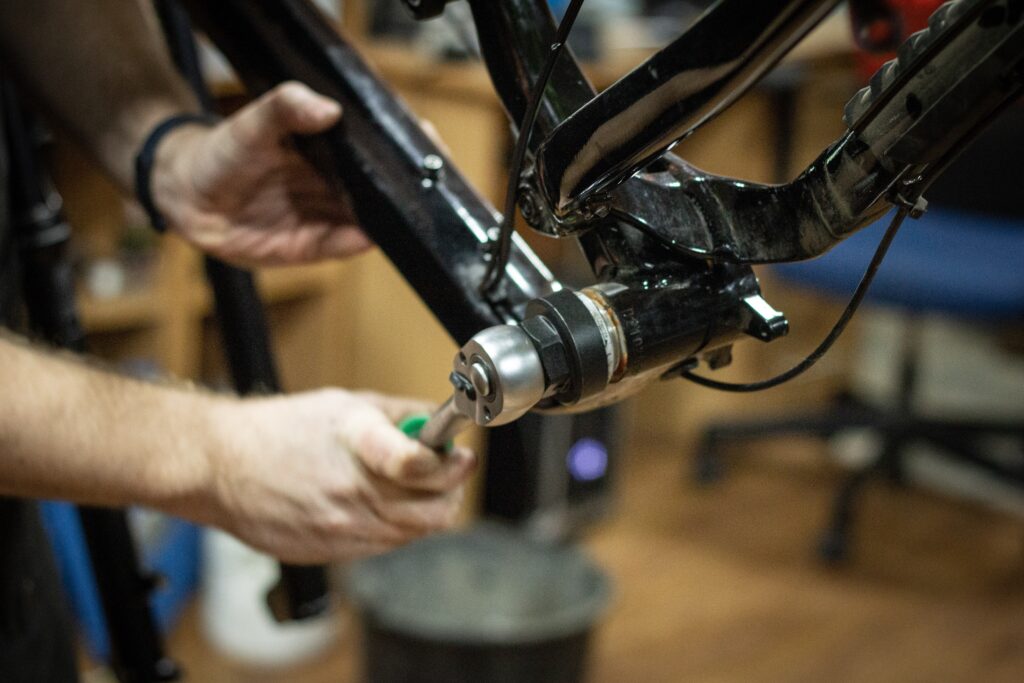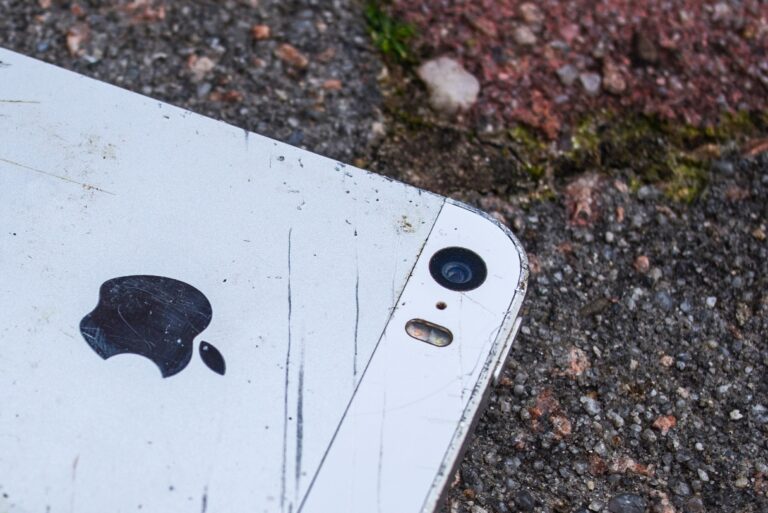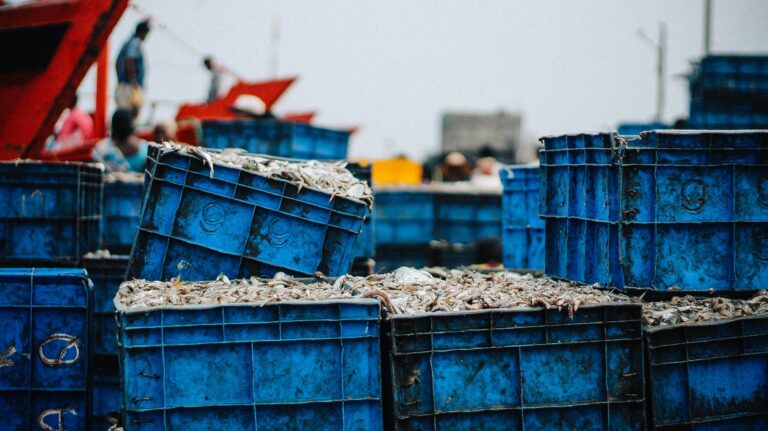
Don’t bin it: Repair and reuse!
Today is International Repair Day, a day to think beyond the consumerism of the modern world and focus on getting more from what we already own. Our Digital and Communications Manager, Ben Stallworthy, breaks down why today is important and how it fits with Population Matters’ campaigning.
In our consumer-driven world, the lure of throw-away culture usually trumps the pragmatic approach of repair and reuse. New and shiny is seen as glamorous and is often linked to status. International Repair Day seeks to change that by drawing attention to the importance of repairing and maintaining our possessions. But today is more than just a call to fix what’s broken; it’s a movement that could be an economic, societal and, perhaps most crucially, environmental game changer.
Sustainability in action
The significance of today should not be understated in an era where consumerism has reached unprecedented levels. We are bombarded with adverts for an endless stream of new fast-fashion, electronics and appliances, each seemingly more necessary and enticing than the last. This cycle of buying and disposing of items takes a tremendous toll on the environment, contributing to waste, pollution and resource depletion.
International Repair Day champions the idea that repairing is a sustainable alternative to replacing. When we choose to mend a broken item rather than toss it in the bin, we reduce the amount of waste in landfills and lower our overall carbon footprint. By extending the life of products, we decrease the demand for raw materials and energy, thereby slowing the negative impact of consumerism on our planet.

people and communities
Beyond the environmental benefits, International Repair Day fosters a sense of community and self-sufficiency. Repairing items promotes skills and knowledge sharing. Repair events and workshops held on this day encourage people to come together, share expertise, and help each other solve problems.
These gatherings not only teach practical repair skills but also create a sense of empowerment. People gain a deeper connection to the objects they use daily, understanding how they work and how to maintain them. In this sense, the act of repairing can become a statement of self-reliance and a powerful protest against planned obsolescence.
Economic Benefits
International Repair Day also has economic implications. Repairing items is often more cost-effective than buying new ones. It can save people money, create job opportunities in repair industries and stimulate local economies.
Moreover, fostering a culture of repair can reduce the pressure on our limited resources, contributing to a more sustainable, stable economy. It can also help bridge the digital divide by making technology more accessible, as not everyone can afford the latest gadgets.

We Don’t Buy It
Last year, we launched a brand-new campaign, We Don’t Buy It, seeking to tackle some of the rampant consumption that plagues our planet. Our first report, iCon: Apple, consumption and the future of the Planet focussed on the technology giant and their environmental practices.
One of the key recommendations we made in the report was for consumers to “use repair services wherever available”. Of course, that does not let the like of Apple off the hook, they are entirely responsible for making it easier and cheaper for consumers to do so. But, that’s for another blog.
International Repair Day highlights the profound impact of repair on our environment, communities and economy. It serves as a reminder that choosing to repair rather than replace is a small but meaningful step toward a more sustainable future. By taking part, we can contribute to a world where waste is minimised, community bonds are strengthened, and our economy thrives, all while reducing our carbon footprint. And with Black Friday and Christmas just around the corner, the message seems all the more powerful.
Take our consumption quiz
Why not test your knowledge of consumption with this quick quiz!


